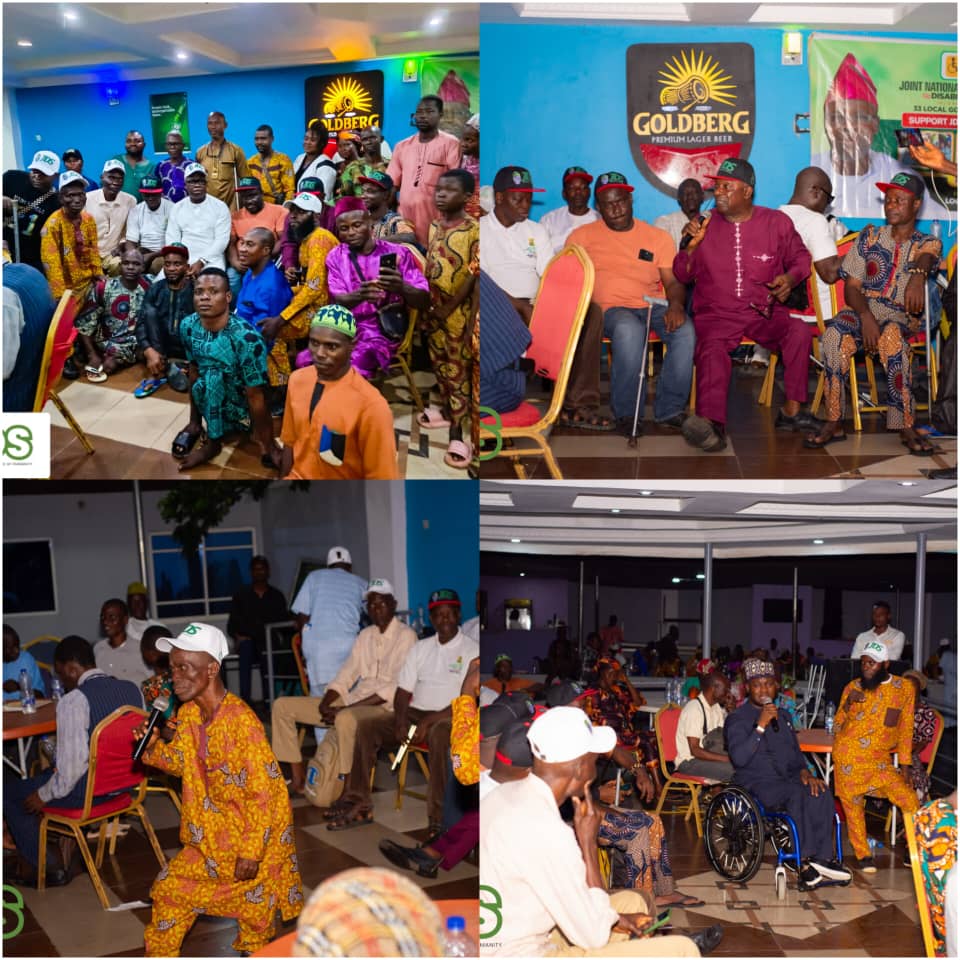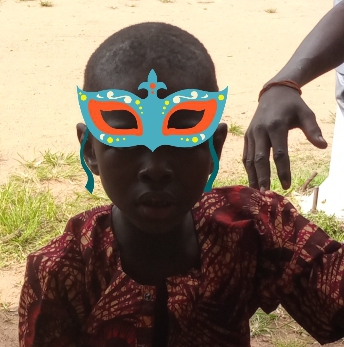Republic of Benin has suddenly become important to Nigeria especially to the Nigerian government and people of the South West Nigeria following the arrest of Yoruba nation agitator, Sunday Adeniyi Adeyemo on Monday night at an airport while trying to board a plane to Germany with his wife and younger brother. Both sides i.e. the President Muhammadu Buhari-led administration of Nigeria and the Yoruba people of Nigeria, who have become traumatized by incessant attacks by Fulani herdsmen and bandits with government failing to either curtail the attacks or bringing the perpetrators to book, fueling the insinuations of government’s complicity. The arrest of Adeyemo popularly known as Sunday Igboho has thus engendered a lot of apprehensions; while the federal government is pushing hard for his extradition, Igboho’s supporters are opposed to this believing he would be denied justice in Nigeria, so, they Benin government to release him but not to the Nigerian government.
The manner of the invasion of his house by security operatives, numbering about 100, on July 1, revealed government’s desperation to silence all oppositions. The troop shot indiscriminately, mowing down two of his associates, Sunday Igboho also escaping by the whiskers, and whisking away 13 others. He was subsequently declared wanted. Consequently, he went underground only to resurface at Benin Republic, where he was taken into custody. ogbomosoinsightonline.com in this piece, unearths 20 facts about the West African country, which has become the beautiful bride in Nigeria’s power struggle:

1. Republic of Benin is a West African country; it is bordered by Nigeria to the East, by Togo to the West, by Burkina Faso to the North-West, Niger to the North East and the Atlantic Ocean to the South.
2. It is official name is Republic of Benin (French: Republique du Benin), its former name is Republic of Dahomey. Official language is French.
3. It is a multi-ethnic group country. The largest ethnic groups are Fon (38%), Adja & Mina (15.1%), Yoruba (12%), Bariba (9.6%), Fula (8.6%), Ottamari (6.1%), Yoa-Lokpa (4.3%), Dendi (2.9%), others (2.8%). It has about 42 ethnic groups in total.
4.Religious-wise, it is 52.2% Christianity, 24.6 % Islam, 17.9% traditional faith, 5.2 % atheist, others (1%).
5. It was colonized by France, which granted it independence on August 1, 1960. Portugal also colonized it earlier.
6. Pre-colonization (between 17th and 19th century), the main political entities in the region were the Kingdom of Dahomey, along with the city-state of Porto-Novo, both in the coastal area (South) and a large area with many different nations to the north.
7. Its demonym (s) is Beninese.
8. It adopted unitary presidential republic system of government and has one legislative house (National Assembly). It once adopted Marxism-Leninism during the reign of Matthew Kerekou.
9. The capital of Benin is Porto-Novo, but the seat of government is in Cotonou, which is the largest city and economic capital of the country.
10. Its total size is 114, 763 square kilometers (44,310 sq m).
11. Its population estimate in 2019 was 11.722, 059 million.
12. It is a large exporter of cotton and palm oil. Its economy is dependent on subsistence agriculture.
13. Most of Benin Republic (especially the coastal region) including Dahomey (consisting mostly of Fon people), which later became a great power were formerly tributary states of Oyo Empire. Dahomey eventually built a strong army and its elite female soldier corps called the Dahomean Amazons became well known. Dahomey had the tradition of apprenticing young boys to experienced soldiers to learn the art of war. France took over the region in 1892.
14. Some past Heads of States/Presidents of the Republic of Benin are Hubert Maga, Sorou Apithy, Justin Ahomadegbe, Emily Derlin Zinsou, Matthew Kerekou, Nicephore Soglo, Yayi Boni, and Patrice Talon (2016 to present).

15. The country is a bastion of the rule of law scoring best among African countries in a 2013 studies by the Ibrahim Index of African Governance, which comprehensively measures the state of governance across the continent. Benin scored best in the categories of Safety and Rule of Law and Participation & Human Rights among 52 African countries.
In its 2007 Worldwide Press Freedom Index, Reporters Without Borders, ranked Benin 53rd out of 169 countries. Though with the assumption of office of Talon in 2016, the country’s position has fallen in this rating.
16. Administratively, Benin is divided into 12 departments, which in turn are sub-divided into 77 communes. The twelve departments are Atakora (capital – Natitingou); Alibori (capital – Kandi); Donga ( capital – Djougou); Borgou (Parakou); Collines (Dassa-Zoume); Kouffo (capital – Aplahoue); Zou (capital – Abomey); Plateau (capital – Pobe); Mono (capital – Lokossa); Atlantique (capital – Allada); Littoral (capital – Cotonou); and Queme (capital – Porto-Novo). Most of the inhabitants of Benin live in the South of the country.
17. The life expectancy in Benin is 62 years.
18. The only seaport and international airport (Cadjehoun Airport) are in Cotonou. Though a new seaport is being constructed between Cotonou and Porto-Novo. Benin has a total of 6,787 km of highway, of which 1, 357 km are paved. The Trans-West African Coastal Highway crosses Benin, connecting it to Nigeria to the east and other West African countries in other points.
19. Benin has a low literacy rate, among the lowest in the world. Though it is initiating policies to improve on this. Its universities include the University of Abomey-Calavi (formerly University of Dahomey), the National University of Benin and the University of Parakou.
20. Mineral deposits include iron ore, limestone, chromium ore, gold, marble, pottery clay, ilmenite, oil,


